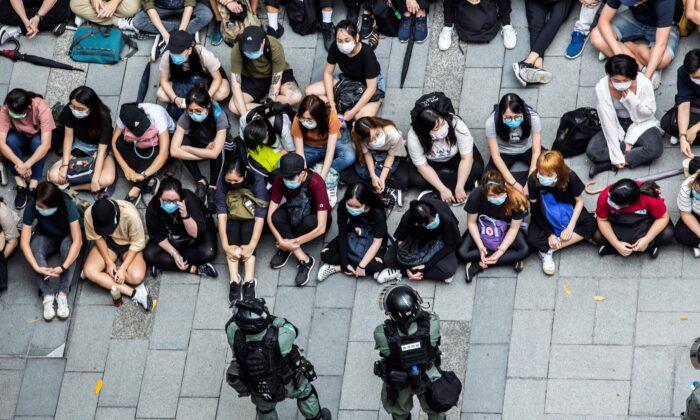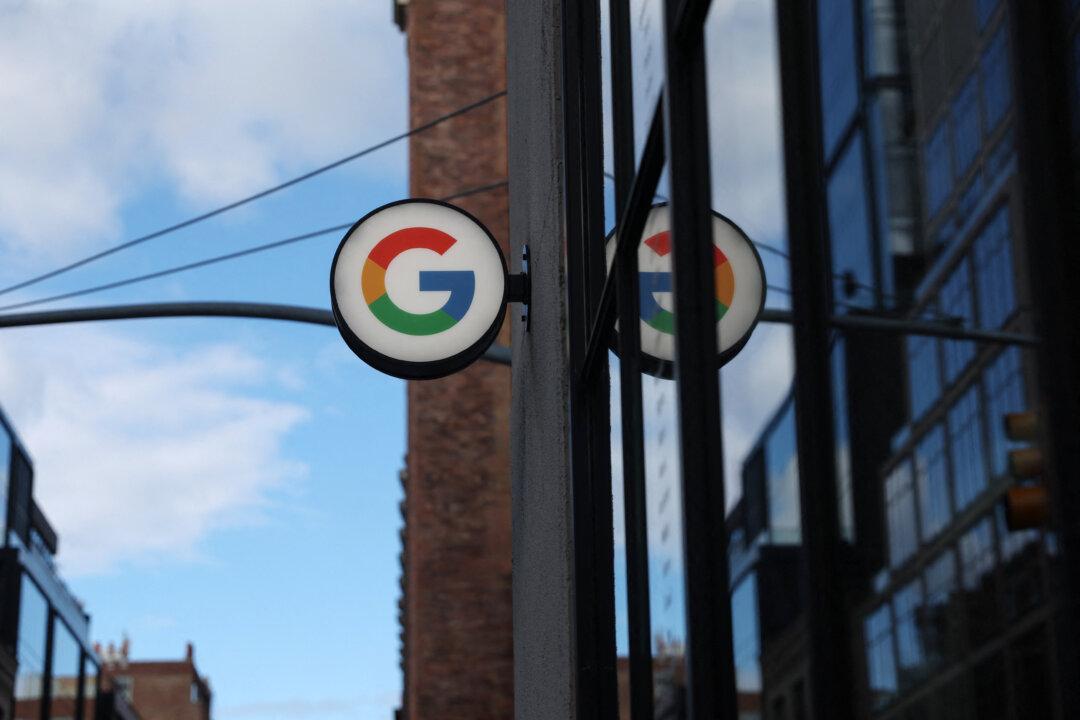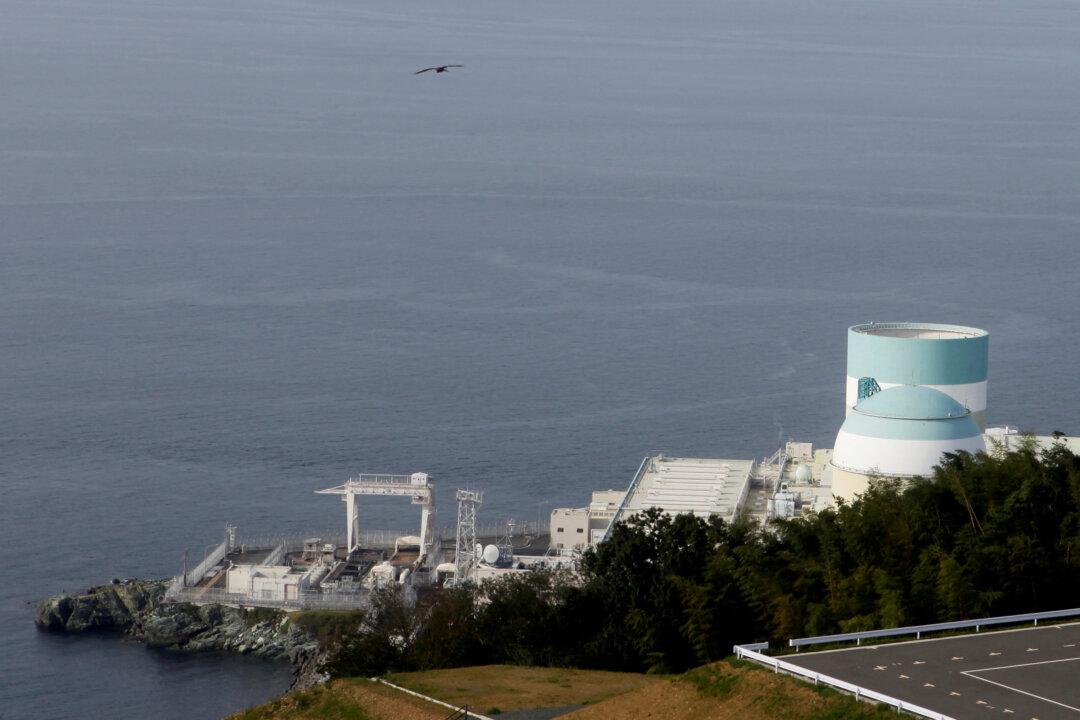SHENZHEN—Hong Kong’s national security legislation will not punish people retroactively, a senior Chinese official said on Monday, touching on a key question raised by local residents, diplomats, and foreign investors over the controversial law.
Howver, Deng Zhonghua, deputy director of the Hong Kong and Macau Affairs Officealso said that while the financial hub should be responsible for most enforcement work, Beijing must be able to have jurisdiction over the most serious national security cases.
Beijing last month moved to directly impose the legislation on Hong Kong in a bid to tackle “secession, subversion, and foreign interference” in the city.
Speaking at a seminar in the southern Chinese city of Shenzhen, Deng claimed that the law will comply with Hong Kong’s existing legal and judicial system.
“Although there are differences in the legal systems of Hong Kong and the mainland, the principles followed by the Hong Kong and mainland criminal laws are not that great,” Deng said.
“Both laws include principles such as presumption of innocence, the right for criminal suspects and defendants to have legal defence, and laws not being applied restrospectively. All these principles can be stipulated in this legislation.” Chinese courts are notorious for failing to uphold the rule of law as they are overseen by the ruling communist regime.
Some people in the territory fear the legislation could be applied retroactively and target people for actions committed in the past that could carry a heavy sentence under the new law, details of which have not been revealed.
Critics of the legislation fear it will stifle freedoms in the former British colony, including freedom of speech and an independent judiciary, which are seen as key to its success as a global financial hub.
The law has reignited anti-government protests after a lull for much of this year due to coronavirus, although police have moved swiftly to stamp out recent rallies, in many cases citing a ban on groups of more than eight people to prevent the spread of COVID-19.
Authorities in Beijing and Hong Kong insist the law will focus on “troublemakers” who pose a threat to national security.






Friends Read Free